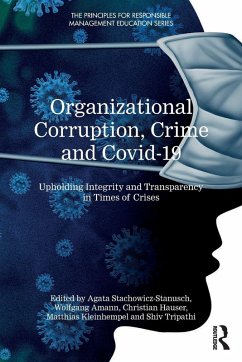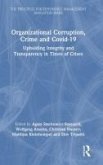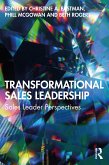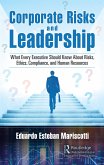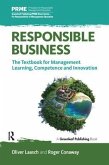Corruption often flourishes in times of uncertainty and crisis. When institutions and oversight are weak, and public trust low, corruption can thrive and undermine how societies respond to the crisis. Covid-19 brought this issue into sharp focus, and this book uncovers some of the problems experienced across the globe and, crucially, explains how organizations and countries can strengthen their anti-corruption systems to prevent problems in the future.
The book has been created by the members of the United Nations Principles for Responsible Management Education group on anti-corruption and brings together top international experts to consolidate the lessons from the Covid-19 crisis in order to improve transparency, integrity, trust, and governance in the future. Cybersecurity and cybercrime related to the pandemic are a particular focus. These factors are essential to social and economic order. Practice-oriented, each chapter offers examples of methods, approaches, tools, and cases which can be used for anti-corruption teaching, policy, and corporate initiatives.
With insights and cases from right across the globe, the book will be of interest to NGOs, policymakers, organizational leaders, students, and researchers looking to foster accountability, integrity, and transparency across organizations in times of crisis.
The book has been created by the members of the United Nations Principles for Responsible Management Education group on anti-corruption and brings together top international experts to consolidate the lessons from the Covid-19 crisis in order to improve transparency, integrity, trust, and governance in the future. Cybersecurity and cybercrime related to the pandemic are a particular focus. These factors are essential to social and economic order. Practice-oriented, each chapter offers examples of methods, approaches, tools, and cases which can be used for anti-corruption teaching, policy, and corporate initiatives.
With insights and cases from right across the globe, the book will be of interest to NGOs, policymakers, organizational leaders, students, and researchers looking to foster accountability, integrity, and transparency across organizations in times of crisis.

